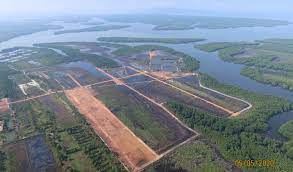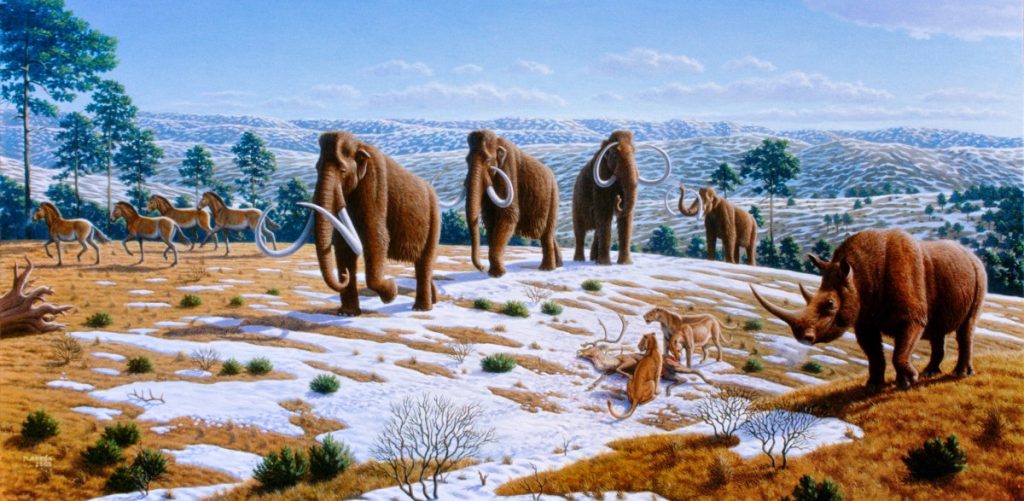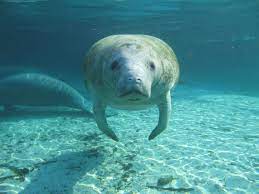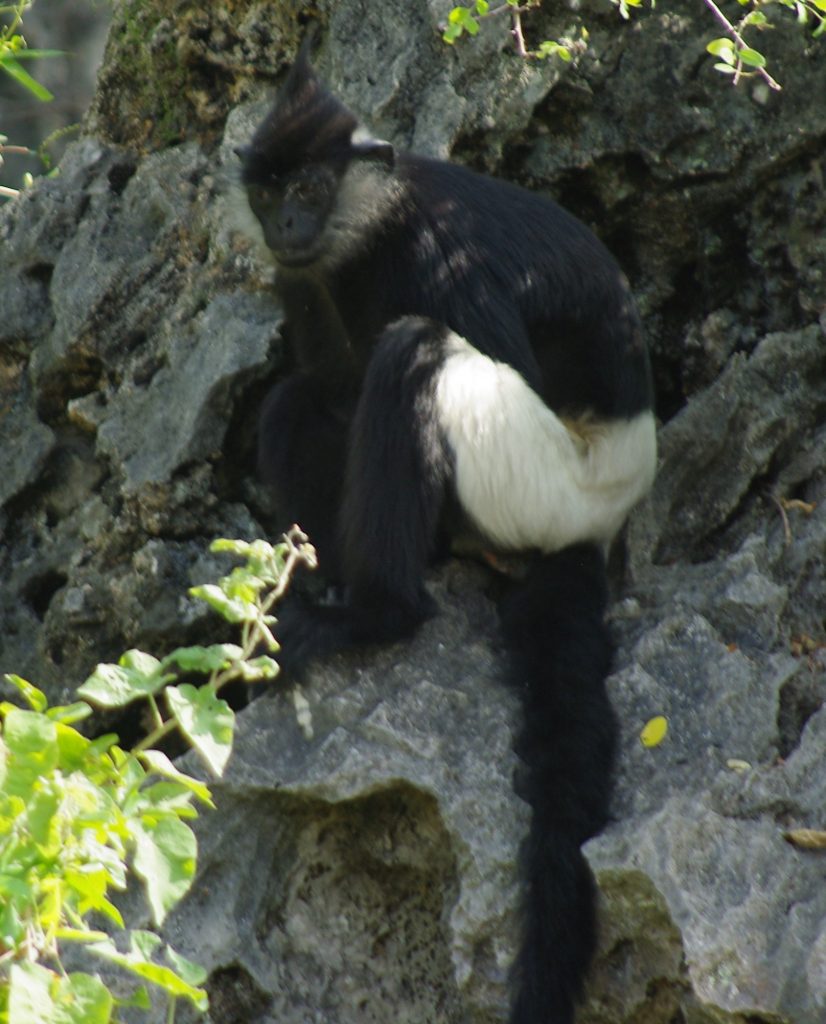More than 2000 hunt licences were given out in Wisconsin for the first season of wolf hunting.
They had an aim to kill 119 wolves, yet within 3 days they had shot or traped 218 wolves and so the season was brought to an early close. Added to these official numbers it is thought that Poachers killed around 100 more wolves within the state.
The alarming thing is that these illegal hunting numbers will works out on the assumption of extreme conservative estimates.
This only happened after the trump administration declare the wolf no longer endangered – ignoring virtually all science (they still occupy a very small portion of the range that they once had in the USA). Furthermore, the States department of national resources initially banned the hunt, and it only went ahead when a pro hunting group sud and a judge ordered the ban illegal.
Alarmingly this is not the worst case. Idaho’s new rule allows up to 90% of the world’s population to be killed. In no one’s books does this constitute a rational or long-term decision.
Bizarrely in Wisconsin the current rules state that a hunt must occur each year regardless of whether it is scientifically justified. It should not be controversial to suggest that hunting quotas be based in science and not written by those who benefits from more of the animals being killed, but unfortunately in the USA, this is often how it happens.
I would hope that president Biden looks at this ridiculous decision made by trump on the way out of the door, and put in clear scientific requirements before the wolf is pushed back towards the brink of extinction. It is in the interests of those who enjoy hunting, that the hunt is sustainable, as without, the hunt will cease again in just a few years.















